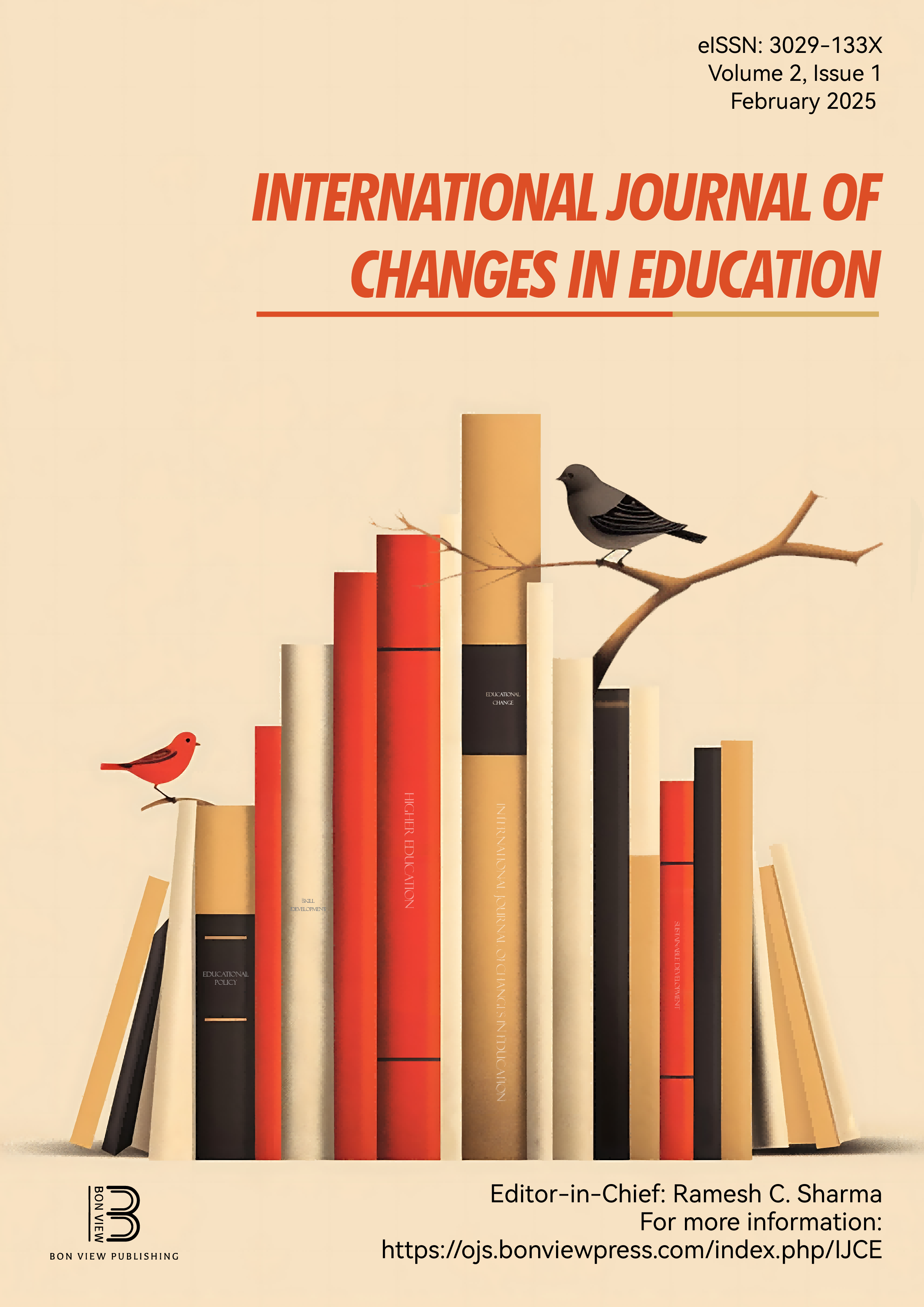Aligning Design Studio Pedagogy to Industry Practice: Future Proofing Higher Design Education
DOI:
https://doi.org/10.47852/bonviewIJCE42023051Keywords:
online teaching strategies, virtual collaboration, online design studio, decentralize workforce, employability, artificial intelligence, design industry practiceAbstract
Amid the COVID-19 pandemic, design education experienced a significant shift as traditional studio teaching went online. This transition coincided with industry demands for adaptable, technology-proficient graduates prepared to work and collaborate as part of a decentralized workforce. This study examines how design educators in seven countries adapted their post-pandemic studio pedagogy to align with these industry needs. An online survey was used to efficiently reach the wide, geographically dispersed participant pool of educators. Findings indicate a rising acceptance of online technologies in studio teaching. The majority of design educators are now incorporating online elements into their design teaching. Pre-recorded lectures, online feedback and critique sessions, self-paced learning activities, and the use of cloud-based collaboration tools are among the most frequently employed methods. Nearly a third of surveyed educators are even considering teaching fully online design courses. This shift reflects a forward-thinking approach aimed at better aligning design education and industry. However, the study also highlights the importance of remaining open to disruptive technologies like generative artificial intelligence which is currently reshaping the design industry and work practices.
Received: 8 April 2024 | Revised: 9 May 2024 | Accepted: 11 June 2024
Conflicts of Interest
The author declares that she has no conflicts of interest to this work.
Data Abailability Statement
The data that support this work are available upon reasonable request to the corresponding author.
Author Contribution Statement
Katja Fleischmann: Conceptualization, Methodology, Validation, Formal analysis, Investigation, Resources, Data curation, Writing - original draft, Writing - review & editing, Visualization, Supervision, Project administration.
Downloads
Published
Issue
Section
License
Copyright (c) 2024 Author

This work is licensed under a Creative Commons Attribution 4.0 International License.


